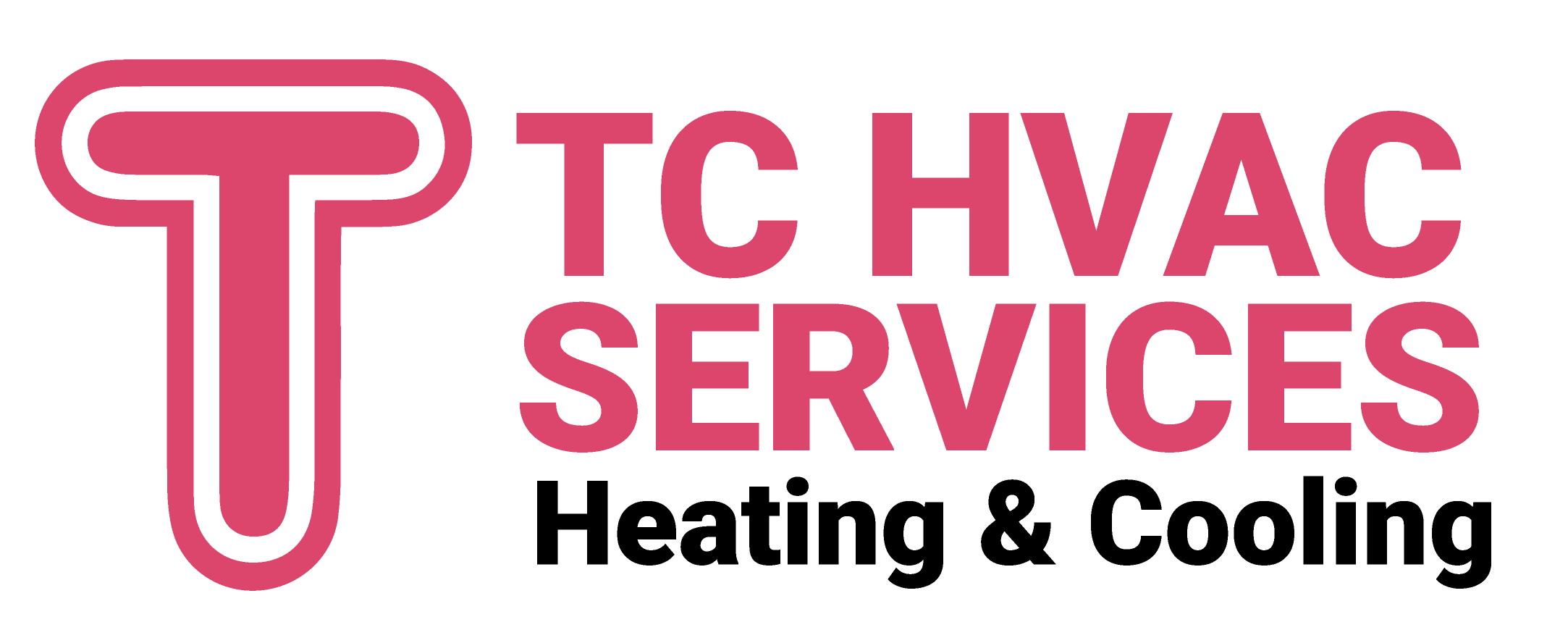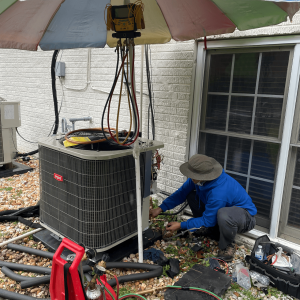HVAC System Upgrades
Heating, ventilation, and air conditioning (HVAC) systems play a major role in home energy consumption. Upgrading to energy-efficient models can not only reduce your utility bills but also qualify for significant tax credits.
Eligible upgrades include heat pumps, central air conditioners, gas heat pumps, and water heaters, all of which must meet Energy Star or similar efficiency standards. With an HVAC system that meets the Consortium for Energy Efficiency, you can claim up to $600 on each item in tax credits and be subject to an annual total limit of $2,000. The claim can be based on the cost of the system, electrical components, and installation.

